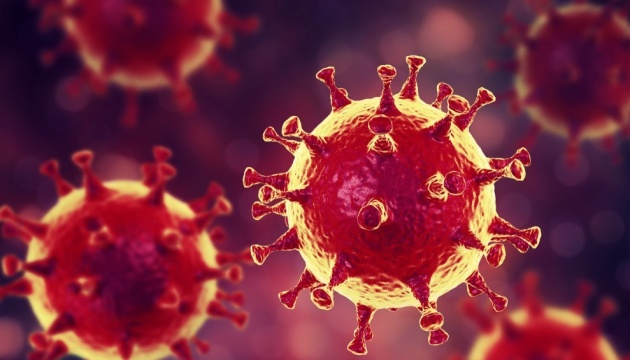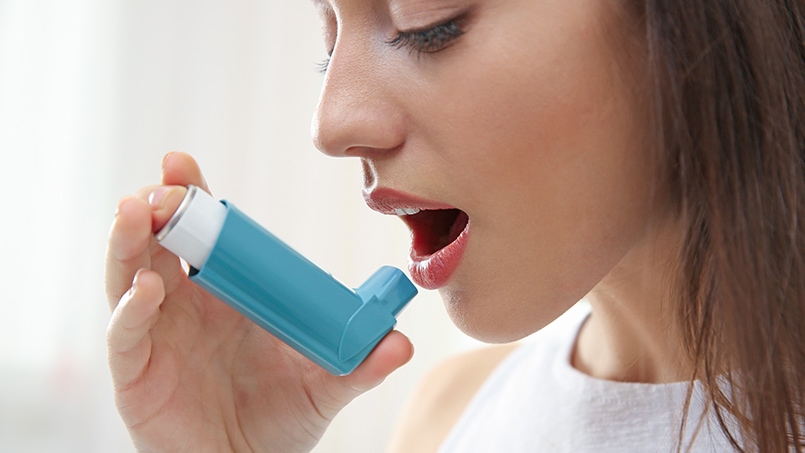10% Off COUPON CODE for New Customers: SAVE10
Can Ventolin Help with COVID? Asthma Medications and Coronavirus
The entire planet has been living under the conditions of the coronavirus epidemic since the end of 2019. Every day we receive a lot of new information, which is sometimes unreliable and only increases the panic among people.
On this page:
What You Need to Know about COVID-19?
In most cases, coronavirus infection is mild and asymptomatic. COVID-19 is transmitted by airborne droplets and in the early stages of the disease it has symptoms like those with an acute viral disease of the upper respiratory tract or flu. The first signs usually appear 5 days after infection.
Typical symptoms of coronavirus include:
- sore throat;
- dry cough;
- increased body temperature;
- headache;
- weakness, pain in muscles and joints;
- loss of taste and smell;
- shortness of breath.
Less often, patients complain of conjunctivitis, diarrhea, and skin rash.
With a severe course of the disease, chest pain appears along with difficulty breathing; general weakness increases.

Complications of COVID-19
This new type of coronavirus, which is now attacking humanity, is dangerous for its complications (viral and bacterial pneumonia, blood clots, neurological complications). The greatest danger is that the effect of the virus on the human body is not fully known and at the moment there is no specific drug against coronavirus, all treatment is symptomatic.
How is COVID-19 Diagnosed?
To detect the virus in the body, a nasopharyngeal smear (PCR) test is used. Rapid tests have also been developed that can show the presence of antibodies in the patient’s body. Some tests can be performed independently, but unfortunately the results are not 100% accurate.
COVID-19: Precautionary Measures
In order to protect yourself from infection as effectively as possible, you must follow the rules of personal hygiene and behavior:
- use a protective mask in public places and change it every 3 hours;
- wash your hands with soap or use an antiseptic;
- avoid large gatherings of people;
- if it becomes necessary to visit a crowded place, keep a safe distance of at least 2 meters.
If you have a confirmed coronavirus diagnosis, you must isolate yourself so as not to endanger others. Keep in touch with your family doctor. Based on your condition, he / she will decide whether you need hospitalization or will receive treatment at home.
At-risk groups
The highest risk groups include the elderly and patients with chronic diseases in whom the immune system is weakened and other inflammatory processes in the body already exist.

Bronchial Asthma and COVID-19
Patients with bronchial asthma belong to a separate risk group. Such patients already have problems with lungs and breathing, but these conditions are more allergic in nature, although this can also increase the risk of a viral infection. For the relief of asthma attacks, corticosteroids are widely used, which can reduce immunity. But these are remedies that you cannot do without. You should consult your doctor about adjusting their use. At the same time, Ventolin (salbutamol) is also an effective agent for expanding the bronchi and is widely used by patients with bronchial asthma. Do not give up inhalation, because it can aggravate the course of your disease. Ventolin is not a drug that increases the risk of coronavirus infection. If you are using Ventolin nebulas, then you should only adhere to measures to prevent the spread of infection. If you have signs of a severe viral infection or the COVID-19 diagnosis has already been confirmed, then during inhalation with a nebulizer, the risk of spraying viral particles in the air increases. To avoid contamination of others, the procedure should be carried out in a separate room, after which the nebulizer should be disinfected and the room ventilated. If you cannot perform an inhalation procedure on your own, then the person who will help you must use personal protective equipment. If your condition allows you to stay at home, then do not cancel your asthma medications yourself. For any worsening, even minor one, consult your family doctor immediately.
Can Ventolin Help with COVID?
Asthma inhalers are now being trialed for treatment of COVID-19. Researchers know that corticosteroids could reduce the inflammation of the respiratory tract, which can be helpful in fighting coronavirus infection.